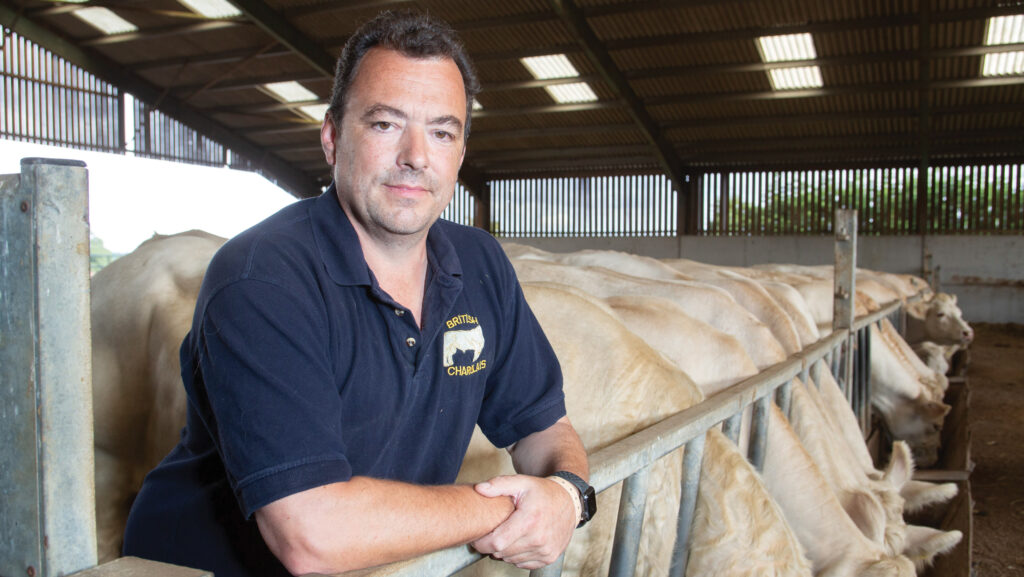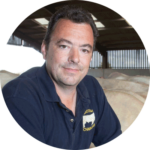Farmer Focus: Common sense needed on health and ear tags
 Ben Harman © Tim Scrivener
Ben Harman © Tim Scrivener I’ve spent a fair chunk of time away from the farm this month talking with, and interjecting between, policymakers and lobbyists.
Creating good policy should be hard. Forming schemes that suit the diversity of farms, breeds, systems, businesses and market requirements across the UK, while achieving policy goals, should be a headache.
Some folks do it well, by consulting with industry, listening to different viewpoints and trying to incorporate them into the policy framework.
See also: Dairy herd health maintained as antimicrobials use cut further
Others, I’m sad to observe, seem to do less well – see the agricultural property relief fiasco the chancellor has brought upon herself.
I believe the Animal Health and Welfare Pathway is a pretty good bit of policy.
It was born out of the BVD Free England scheme and is headed up by Martin Jenkins, who came to the British Cattle Breeders Conference in January and explained the Pathway’s concepts.
I suggested there should be recognition within the Pathway for herds that are already fulfilling all the requirements (and more) by having Cattle Health Certification Standards (Checs) accreditation.
Policy goals would be exceeded as Checs herds examine other diseases – for example Johne’s, leptospirosis, and infectious bovine rhinotracheitis.
Take-up of the scheme would be positively encouraged and so more herds would benefit from the financial and welfare implications of reduced endemic disease.
I hope this is considered in a future iteration of the Pathway.
Elsewhere, the risk of the home nations opting to use different technologies in electronic identification tags for cattle is as real as it is insane.
To use a boxing analogy, the current champion is low frequency, the tags many of us have bought for a decade or so, and the challenger is the new kid on the block, ultra-high frequency.
The fight is now all but over, and we await the judges to give their scores. My bet is on a split decision.
This could leave us in the worst of all worlds, where there are different technologies used across the nations and an artificial trade barrier formed between neighbouring UK countries.
The compromise would be the cost and complexity of dual-frequency tags.

